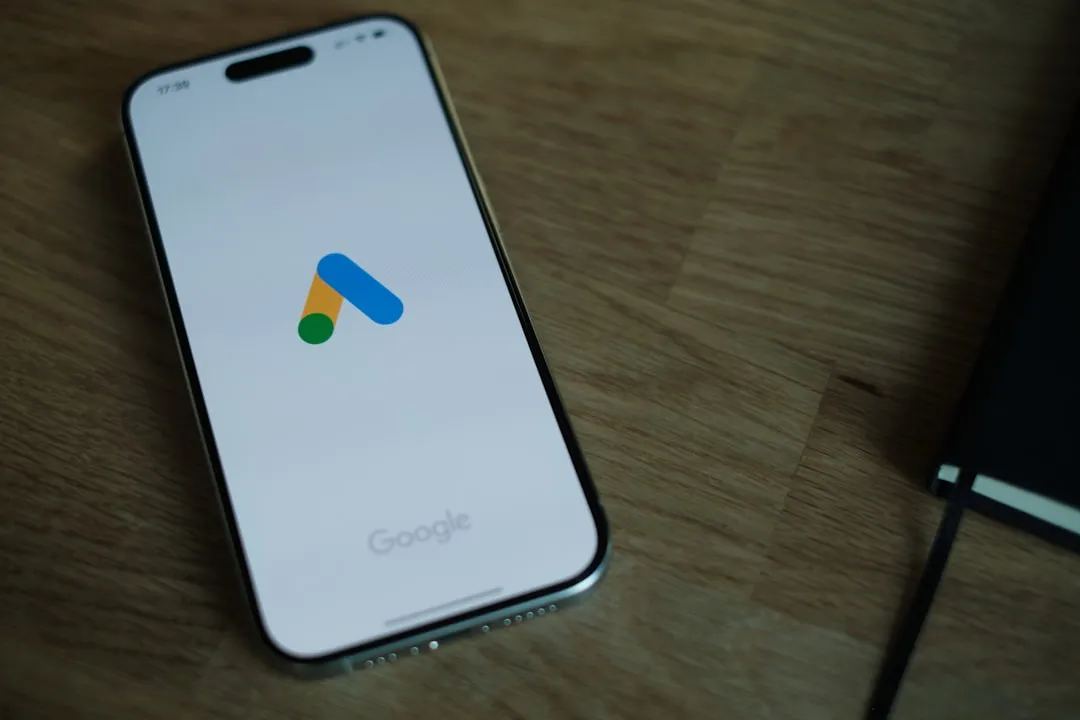Reviewed by Jame Jimenez
Google just dropped big news that could change how millions use their browser. After initially requiring a paid subscription, Gemini in Chrome for Mac and Windows users is now completely free. This is not just removing a paywall; it is Google making AI assistance a core part of browsing for everyone.
Following its initial launch at I/O 2025 in May, Gemini is rolling out to all eligible Mac and Windows Chrome users in the US starting today, if your language is set to English. Here is the twist: Google is not only making existing features free, but it is also shipping new capabilities that could change how we interact with websites.
The timing feels spot on. As AI shifts from novelty to workhorse, Google is launching a suite of new features that wire Gemini into Chrome’s core. That puts Chrome head-to-head with other browser AI pushes and signals Google wants to own the AI-powered browsing experience.
What makes this free rollout actually matter
Here is what you get without paying. Previously, Gemini in Chrome required an AI Pro or AI Ultra subscription, starting at $20 per month. Now, anyone can open Gemini by clicking the star/sparkle icon in the top right corner of Chrome.
It goes deeper than cost. Gemini now has deeper integration with Google Calendar, Tasks, Drive, Docs, Sheets, Slides, Maps, and YouTube. Add multiple events from a webpage or email straight into Calendar. Ask it to analyze a YouTube video, then get a summary with links to specific sections.
The sleeper hit is how Gemini can navigate through browser tabs to compare and summarize across pages. Picture the classic vacation-planning chaos, ten tabs open, coffee cooling. Gemini compiles a clean comparison without the copy-paste grind.
Tying this into Google’s other products gives Chrome an edge over standalone AI tools. With Gemini embedded into the daily workflow millions already use, Chrome starts to feel like a productivity hub, not just a browser.
Agentic browsing: when AI does the heavy lifting
Here is where it gets futuristic. In the coming months, Gemini in Chrome will get agentic capabilities, so it can perform tasks for you. Think: booking appointments or ordering groceries while you keep working.
Google demonstrated this with a compelling example. A user asks Gemini to buy ingredients from Gmail, the AI reads the email, loads Instacart, and adds items to the cart. Under the hood, Gemini can click, scroll, and type on websites, essentially acting like a digital assistant.
Google is still keeping you in the loop. Gemini will always have you confirm the final step, like the actual purchase. Automation with a hand on the wheel.
This agentic approach could shift browsers from passive viewers to active task doers. The ripple effects for shopping, bookings, and routine digital chores could be massive, and they bring fresh questions about privacy and data security that competitors will have to answer, too.
AI Mode comes to the address bar
Google is also bringing AI Mode into the address bar this month, putting help where you already type. No new window, no tab shuffle, just a quick prompt in the place you search.
AI Mode is completely optional. It appears by default, and you choose to activate it. Accessing Chrome’s search bar will trigger AI-powered suggestions based on the page you are on, so the help feels contextual.
The rollout is measured. This update will be available later this month in English in the US, with more countries and languages to follow. A careful ramp that gives Google room to refine the experience.
Bringing AI into the bar could alter search habits, and maybe touch Google’s advertising model. If the answer shows up in Chrome itself, will you click a search result as often, or stay put because it is faster, tidier, and less noisy?
Beyond browsing: security and mobile expansion
Google is not stopping at productivity. Chrome is using AI for security, including catching sites that push fake viruses or fake giveaways. AI will also help cut down on intrusive site permission requests, so fewer pop-ups nag you.
There is a tangible win for passwords, too. Chrome’s password manager can now change compromised passwords with a single click on any site that supports this feature, including Coursera, Spotify, Duolingo, and H&M.
Mobile is in the mix. On Android, the Gemini overlay will soon have access to entire webpages instead of just your current screen, and Google is bringing Gemini to Chrome for iOS as well.
These protections show how integrated AI can create a broader defense, not just one-off tools. The trade-off is data processing that will get a hard look from users and regulators as adoption grows.
What this means for the future of browsing
This free rollout is more than generosity; it is strategy. When conversations with Gemini Live are five times longer than text chats on average, it is clear people want natural, long-form back and forth with AI.
The integration feels practical, not bolted on. Google views Gemini as a way to access and search through browser history more conveniently, which hits a real pain point for anyone who has ever typed three variations of a site they swear they saw yesterday. Gemini will soon let you find previously visited pages, turning your history into a searchable resource.
Bottom line, Google is betting AI assistance becomes as basic as bookmarks or tabs. By removing the subscription barrier and adding genuinely useful features, it is positioning Chrome as an AI-powered productivity platform that happens to browse the web.
That move could spark a new browser race where AI capabilities, not just speed or feature checklists, decide who wins. Users get stronger tools, and they may trade more data and accept tighter platform lock-in. The shape of everyday browsing is about to shift, and it feels like only the first inning.























Comments
Be the first, drop a comment!